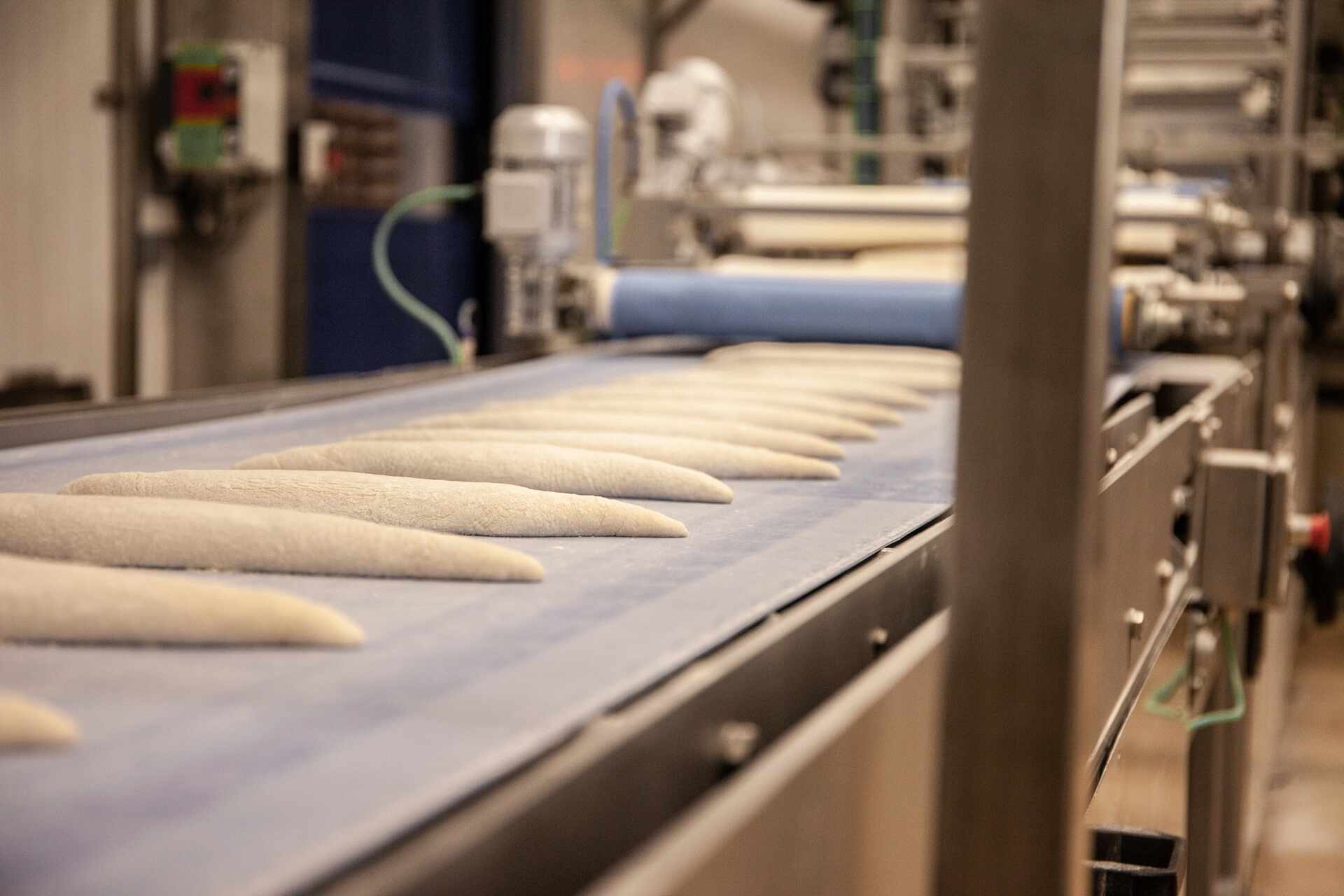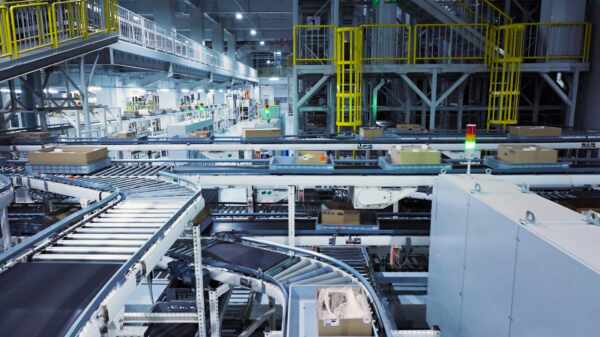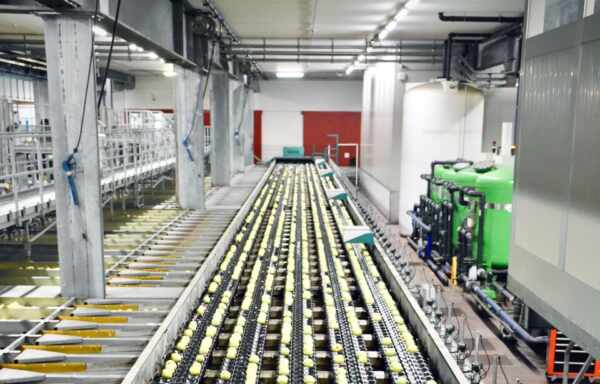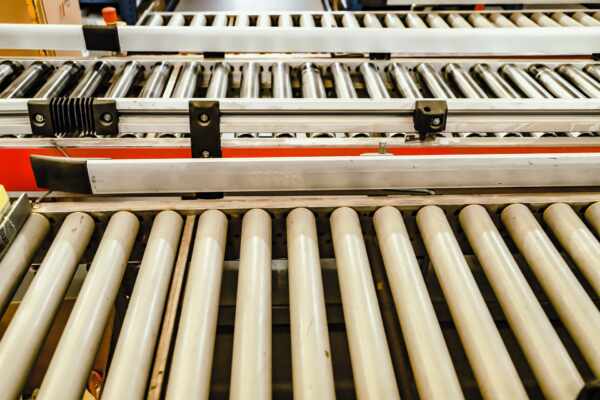When we consider the critical elements that keep our industrial activities streamlined, conveyor belts stand out as pivotal components. Their adaptability and functionality can make a significant difference in operational efficiency. Conveyor belts come in an array of materials and each type offers unique benefits suited for specific environments and tasks. Understanding these distinctions is essential for selecting the right conveyor belt that aligns with our operational needs, ensuring both efficiency and safety.
At our core, we specialise in providing a comprehensive selection of conveyor belts designed to meet various industrial requirements. The choice of the right conveyor belt involves considering various factors, including material durability, resistance to elements, and suitability for different products or materials being handled.
Through this guide, we aim to equip you with the knowledge to understand the role of various conveyor belts in different sectors, such as food and beverage and heavy industries, enhancing the precision in your choice that directly impacts your business’s productivity and safety standards.
Exploring the Variety of Conveyor Belt Materials
In our industry, understanding the variety of conveyor belt materials is crucial for choosing the right solution for different applications. From rubber to fabric and plastic composites, each material offers distinct benefits depending on the environment and the nature of the tasks they are expected to perform. For instance, rubber belts are praised for their durability and flexibility, making them suitable for general-purpose use in warehouses and packing facilities. On the other hand, plastic conveyor belts, made from materials like polyvinyl chloride (PVC), offer excellent resistance to oil, grease, and chemicals, which makes them ideal for the chemical or food industries where these elements are prevalent.
Fabric belts, typically constructed from materials like polyester, nylon, and cotton, combine flexibility and strength, delivering needed performance in environments where a balance between minimal stretch and resistance to moisture is necessary. Each of these materials has been refined to cater to specific operational demands, making it essential for us to understand their properties to make the best selection for our needs. This tailored approach ensures we provide conveyor solutions that enhance efficiency, safety, and productivity across various operational frameworks.
The Role of Steel Belts in Industrial Applications
Steel conveyor belts represent a significant category within the conveyor belt spectrum, primarily known for their strength, durability, and resistance to extreme conditions. These belts are particularly beneficial in heavy industries such as mining, metal processing, and heavy-load transportation. The robust nature of steel belts makes them highly resistant to heat, fire, and sharp or rough materials, which might otherwise damage more delicate conveyor types. This makes them an ideal choice in environments where belts are exposed to severe stress.
The durability of steel belts also means they offer long-term cost-efficiency, as their lifespan generally exceeds that of belts made from other materials, reducing the frequency of replacements. Additionally, their ability to handle high temperatures and their ease of cleaning make them a preferred option in industries requiring high sanitary standards, such as food processing, albeit in areas without direct contact with food products. Adapting steel conveyor belts into our setup helps us meet the rigorous demands of industrial applications while ensuring operational continuity and robustness.
Conveyor Belts in the Food and Beverage Industry
Within the food and beverage industry, the functionality and safety of conveyor belts are paramount. We ensure that the conveyor belts we provide are specifically designed to meet stringent hygiene standards required in food processing and packaging. Materials like polyurethane and food-grade PVC are preferred due to their resistance to oils, fats, and varying temperatures whilst not compromising the food’s quality. These belts offer the advantage of easy cleaning and maintenance, which is crucial in preventing cross-contamination and maintaining a sterile environment for food production.
Furthermore, the smooth and non-porous surfaces of these belts prevent the accumulation of bacteria and debris, ensuring that the products remain uncontaminated throughout the processing line. This not only helps in adhering to health compliance but also enhances the quality of the final product. By choosing the appropriate conveyor belt material, we assist the food and beverage sector in upholding their reputation for safety and quality, all while streamlining production processes.
Maintenance Tips for Different Types of Conveyor Belts
Maintaining different types of conveyor belts efficiently ensures the longevity and optimal performance of the conveyor system. Regular and proactive maintenance is key—we encourage setting up routine inspection schedules to identify any signs of wear and tear early. This includes checking for splits in the belts, assessing the belt alignment, and ensuring that all components are functioning correctly. Such preventive measures save on costly breakdowns and minimise downtime in production.
It’s also essential to ensure the cleanliness of the belts, particularly in industries where hygiene is critical. Implementing a consistent cleaning regime helps in maintaining the functionality and hygiene standards of conveyor belts. Additionally, understanding the specific maintenance requirements for different materials—from rubber to fabric to steel—is crucial in our approach to client education and service. By providing detailed maintenance guidance, we empower our clients to take preemptive steps in conveyor care, boosting their operational efficiency.
All in all, the right conveyor belt can significantly enhance industrial efficiency and productivity. At Change Parts Pty Ltd, we pride ourselves on our expert knowledge and our commitment to supplying tailor-made conveyor solutions that meet the unique needs of our clients across multiple industries. If you’re looking to optimise your operations with the best in conveyor technology, reach out to us—let’s discuss how we can help you achieve operational excellence with the right conveyor solutions.




